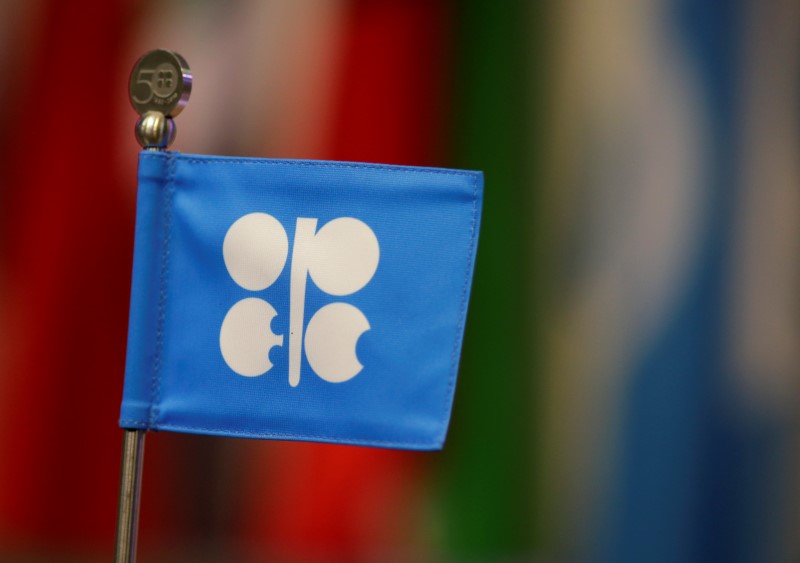Investing.com - Oil prices rallied to the highest levels of the session in European trade on Wednesday, after OPEC and non-OPEC producers agreed to hold their next meeting on a plan to freeze output levels in Doha, Qatar on April 17, even without the attendance of Iran.
On the ICE Futures Exchange in London, Brent oil for May delivery rose 52 cents, or 1.34%, to $39.26 by 09:05GMT, or 5:05AM ET.
Brent futures are up by roughly 30%, since briefly dropping below $30 a barrel on February 11 as continued hopes major oil producers will discuss a potential output freeze lifted prices.
Short-covering began in mid-February after Saudi Arabia and fellow OPEC members Qatar and Venezuela agreed with non-OPEC member Russia to freeze output at January levels, provided other oil exporters joined in.
Elsewhere, crude oil for April delivery on the New York Mercantile Exchange tacked on 66 cents, or 1.82% to trade at $37.00 a barrel, amid speculation weekly supply data due later in the session will show U.S. crude inventories rose at a slower pace than expected last week.
The U.S. Energy Information Administration will release its weekly report on oil supplies at 14:30GMT, or 10:30AM ET, amid expectations for a gain of 3.4 million barrels.
After markets closed Tuesday, the American Petroleum Institute, an industry group, said that U.S. oil inventories rose by just 1.5 million barrels in the week ended March 11, below forecasts for a gain of 3.4 million barrels.
Crude stocks at the Cushing, Oklahoma, delivery hub for WTI increased by 471,000 barrels, the API said, while gasoline and distillate inventories declined by 1.2 million and 830,000 barrels respectively.
A day earlier, New York-traded oil futures fell to $35.96, a level not seen since March 4, on concerns that a four-week market recovery has gone beyond fundamentals.
Since falling to 13-year lows at $26.05 on February 11, U.S. crude futures have rebounded by approximately 35% as a decline in U.S. shale production boosted sentiment. However, analysts warned that market conditions remained weak due to an ongoing domestic supply glut.
Meanwhile, Brent's premium to the West Texas Intermediate crude contract stood at $2.26 a barrel, compared to a gap of $2.40 by close of trade on Tuesday.
